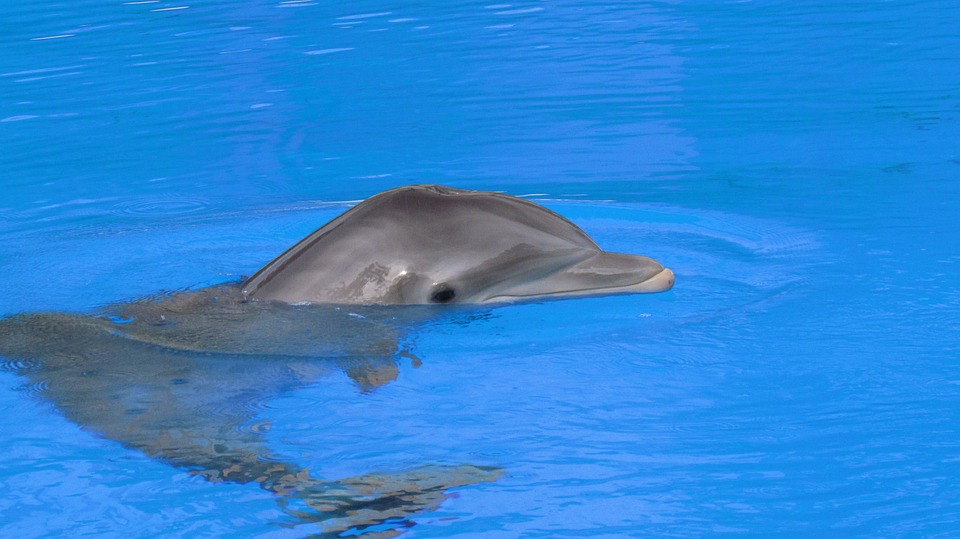By [Your Name]
Date
Introduction:
Goldfish are delightful and popular pets that require proper care and nutrition to thrive. Feeding them a well-balanced diet plays a crucial role in their overall health and longevity. In this article, we will explore the essential elements of a goldfish’s diet and provide helpful tips on how to ensure your goldfish receive the nutrition they need.
Understanding the Nutritional Needs of Goldfish
Goldfish, like any other living creature, require a well-balanced diet to maintain optimal health. Their nutritional needs can be broadly categorized into the following key elements:
1. Proteins: Proteins are essential for growth, repair, and overall body functions. High-quality proteins should constitute a significant portion of a goldfish’s diet.
2. Carbohydrates: Carbohydrates provide energy to goldfish and support their daily activities. Although goldfish are primarily omnivorous, their digestive system is not designed to handle excessive carbohydrates.
3. Fats: Fats serve as a concentrated source of energy and aid in nutrient absorption. Including the right types and amounts of fats in a goldfish’s diet is crucial.
4. Vitamins and Minerals: Goldfish require a variety of vitamins and minerals to maintain strong immune systems, healthy scales, and proper organ function. These micronutrients can be obtained from various food sources.
Choosing the Right Food for Your Goldfish
When it comes to selecting the right food for your goldfish, it’s important to consider their specific dietary needs and preferences. Here are some key considerations:
1. Commercial Goldfish Pellets: High-quality commercial goldfish pellets are a convenient and well-balanced option. Look for pellets that contain a good balance of proteins, fats, carbohydrates, vitamins, and minerals.
2. Live and Frozen Foods: Goldfish enjoy a variety of live and frozen foods, such as daphnia, bloodworms, brine shrimp, and tubifex worms. These foods provide essential nutrients, and their inclusion in your goldfish’s diet can add variety and enrichment.
3. Vegetables and Greens: Fresh vegetables and greens like peas, spinach, lettuce, and cucumber can be an excellent addition to a goldfish’s diet. Remember to blanch or cook harder vegetables to ensure easier digestion.
4. Homemade Gel Food: Some goldfish owners prefer to make their own gel food using a combination of high-quality ingredients. This option allows for customization and control over the ingredients used.
Feeding Tips and Frequency
To ensure your goldfish receive a well-balanced diet, consider the following tips:
1. Portion Control: Overfeeding can lead to health issues, such as swim bladder disorder and obesity. Feed your goldfish an amount they can consume within a few minutes, removing any uneaten food promptly.
2. Feed Small, Frequent Meals: Goldfish have fast metabolisms, and they benefit from smaller, more frequent meals throughout the day. Aim for feeding them 2-3 times per day.
3. Variety is Key: Offer a diverse range of foods to provide a well-rounded diet. This will help prevent deficiencies and keep your goldfish interested in their meals.
4. Observe and Adjust: Regularly monitor your goldfish’s health, growth, and behavior. Adjust their diet accordingly to maintain their well-being.
FAQs (Frequently Asked Questions)
Q1: Can goldfish eat human food leftovers?
A1: While some human food leftovers can be suitable for goldfish, it’s important to avoid foods high in salt, spices, or excessive fats. Additionally, ensure that any leftovers are free from seasonings or additives that may be harmful to goldfish.
Q2: How often should I feed my goldfish live or frozen foods?
A2: Live or frozen foods can be fed to goldfish once or twice a week as a supplement to their regular diet. These foods should be appropriately sized and thoroughly rinsed to prevent any contamination.
Q3: Can I feed my goldfish tropical fish flakes?
A3: While tropical fish flakes can be temporarily used as a substitute, they do not provide all the necessary nutrients for goldfish. It’s best to opt for specifically formulated goldfish pellets or other recommended goldfish food options.
Q4: Are there any specific foods I should avoid feeding my goldfish?
A4: Yes, some foods can be harmful to goldfish. Avoid feeding them processed foods, bread, citrus fruits, onions, garlic, and foods high in fats, salt, or sugar. These can lead to digestive issues and other health complications.
Conclusion:
Providing a well-balanced diet for your goldfish is crucial for their overall health and vitality. By understanding their nutritional needs and selecting appropriate foods, you can ensure your goldfish live a long and healthy life. Remember to monitor their dietary intake, make adjustments as necessary, and consult with a veterinarian for additional guidance. Happy feeding!
Disclaimer: The information provided in this article is for educational purposes only and should not replace professional advice. Always consult with a qualified veterinarian or fish care specialist for specific dietary recommendations for your goldfish.









